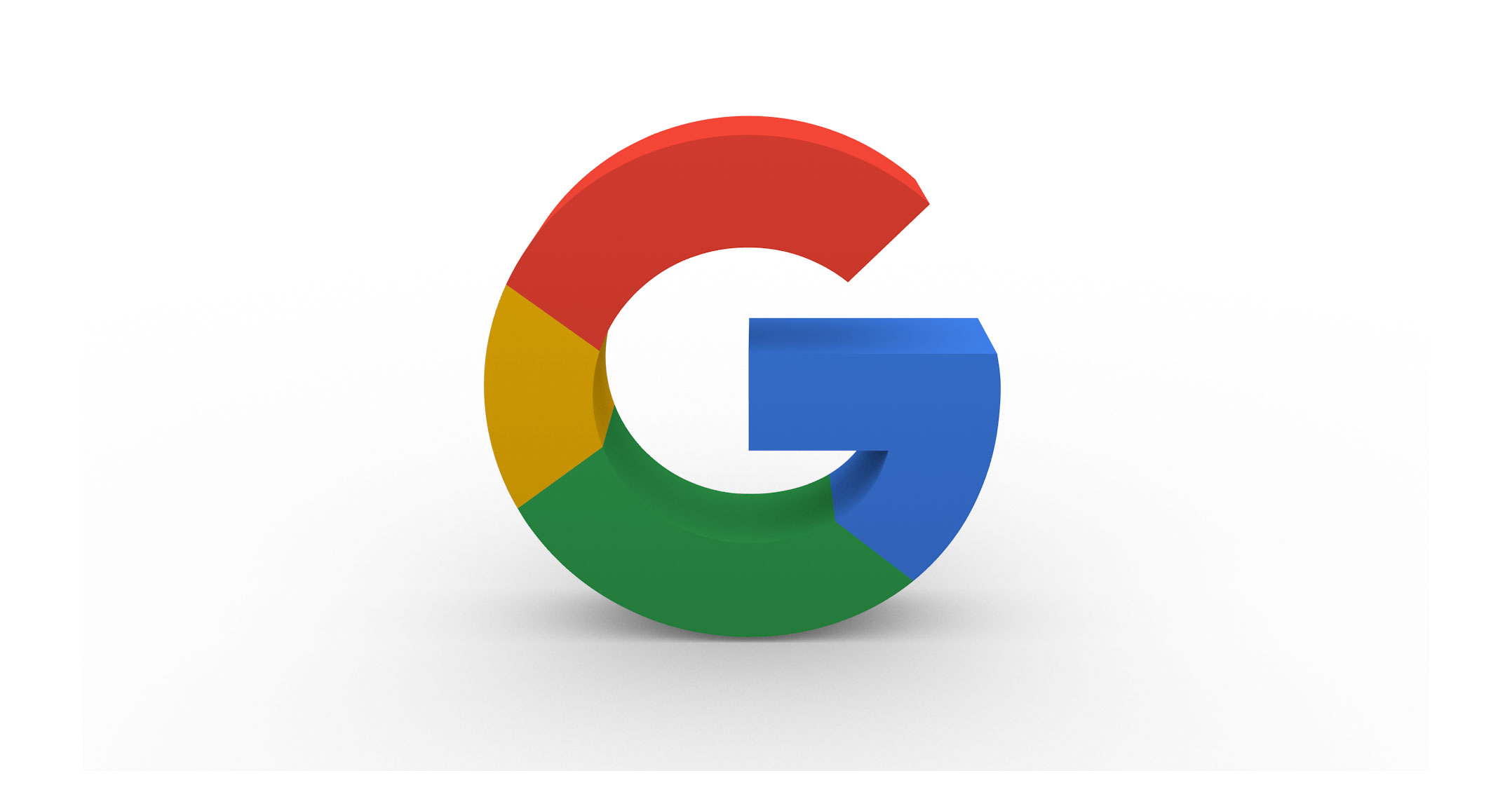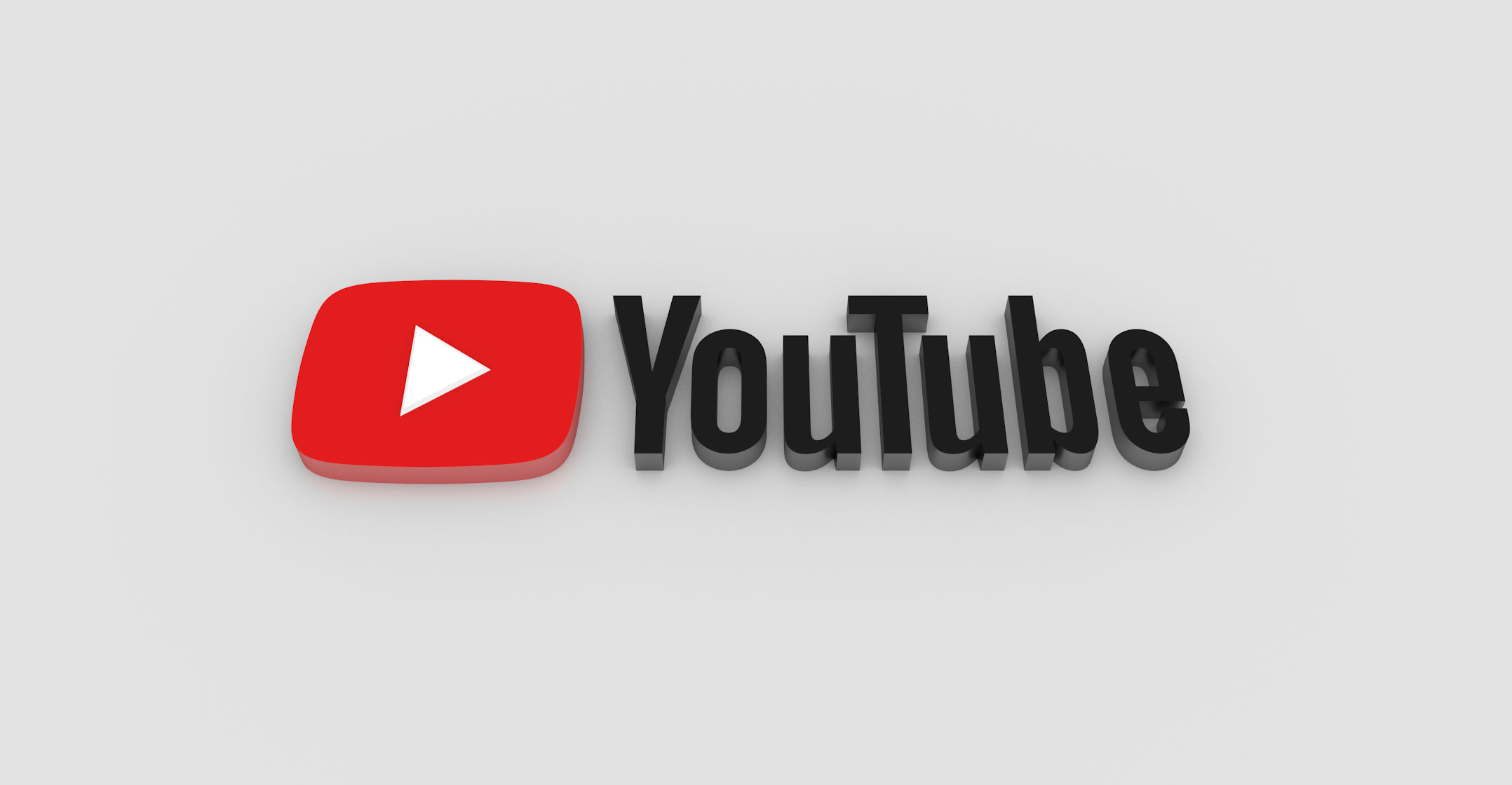 Alphabet shares surged after first-quarter results and upbeat executive comments showed the company’s cloud and YouTube businesses kept growing in the midst of the Covid-19 pandemic.
Alphabet shares surged after first-quarter results and upbeat executive comments showed the company’s cloud and YouTube businesses kept growing in the midst of the Covid-19 pandemic.
Sales came in at US$33.71-billion, up 14% from a year ago and ahead of Wall Street estimates. YouTube revenue jumped 33.5%, while Google Cloud’s top line soared 52%.
“Results came out better than the market expected, with strong metrics in Google Cloud and YouTube,” Jason Bazinet, an analyst at Citigroup, wrote in a note to investors.
The world’s largest Internet company has been trying to diversify away from search advertising for years by investing heavily in cloud services, digital video, consumer hardware and riskier long-term bets such as driverless cars. The first quarter showed progress in several of these areas, even as Google’s main ad business suffered from virus-fueled cuts in marketing spending in March.
CEO Sundar Pichai said the cloud business was still strong, even if some deals were taking longer to complete. “We see overall momentum,” he told analysts during a conference call.
Chief financial officer Ruth Porat said YouTube brand advertising growth accelerated in the first two months of the quarter, but started to experience headwinds in the middle of March. Direct response ads on YouTube, which often entice viewers into buying something, “continued to have substantial year-on-year growth throughout the entire quarter”, she added.
Shares soar
Alphabet shares jumped as much as 9% in extended trading, putting them on course to wipe out big declines from earlier in the year.
“The quarter is essentially showing that Google is a diversified business positioned to be even more diversified on the other side of the pandemic,” said Jitendra Waral, an analyst at Bloomberg Intelligence. “The cloud division is becoming the guardian of Google’s growth amid uncertainty around ads.”
Google’s massive cash pile, a pledge to continue share buybacks, and a major effort to rein in costs also buoyed the stock.
In an interview, Porat suggested the company’s services are being used more, which should help results in the future. “Given the usage trends we are seeing, we remain really optimistic about long-term trends,” she said.
 The long-term opportunities include search, cloud computing, machine learning and consumer hardware, the CFO added, while noting the company is “looking at levers we have to moderate spending”. Earlier this month, Pichai said the company would drastically slow hiring and cut its own marketing budget.
The long-term opportunities include search, cloud computing, machine learning and consumer hardware, the CFO added, while noting the company is “looking at levers we have to moderate spending”. Earlier this month, Pichai said the company would drastically slow hiring and cut its own marketing budget.
Google is not out of the woods, though. Porat told analysts that the company’s search and display ad revenue dropped more than 10% in March, versus a year earlier, as the virus and associated lockdowns tore into marketing budgets. The second quarter will be “difficult”, she added.
Ads still account for the vast majority of Alphabet revenue. Large clients like Expedia Group are slashing marketing costs. Google also sells a lot of ads to small businesses, thousands of which could shut as a deep recession sets in. The Internet company’s self-service ad platform can be switched off quickly.
Porat said people have been searching more on Google, but many of those queries were not commercial in nature, limiting the company’s ability to show ads. That was likely linked to a surge in people looking online for information about Covid-19. The CFO said Google is seeing early signs of user behaviour returning to normal, but stressed that it’s unclear how durable the trend is for now.
First-quarter net income was $6.84-billion, or $9.87/share, versus $6.66-billion, or $9.50/share, in the same period last year, the company reported. — Reported by Gerrit De Vynck and Mark Bergen, with assistance from Candy Cheng and Emily Chang, (c) 2020 Bloomberg LP




